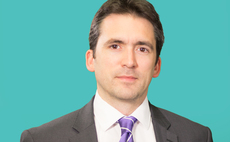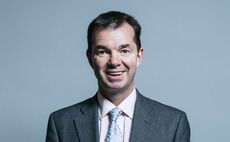charge cap
Defined Contribution
The DWP said regulations will be brought into force by the Spring
Regulation
The industry weighs in as the DWP closes its consultation on better access to illiquids
Defined Contribution
Government wants to better enable access to productive finance and illiquid assets
Industry
Ceiling on annual fees could be diluted in bid to boost investment in long-term projects
Defined Contribution
The Pensions and Lifetime Savings Association (PLSA) has welcomed plans to incorporate performance fees in the charge cap, but the Association of Consulting Actuaries (ACA) warned performance fees are “not the only headache” for defined contribution (DC)...
Law and Regulation
Government proposals to employ a charge cap smoothing mechanism in a bid to incentivise defined contribution (DC) pension scheme investment in illiquid assets could have the opposite effect, says the Society of Pension Professionals (SPP).
Industry
It is “perverse” that not all defined contribution (DC) members are offered investment in illiquid asset classes, according to Lane Clark & Peacock head of DC Laura Myers.
Defined Contribution
The government will press ahead with plans to use the “largely untapped pool of capital” in defined contribution (DC) schemes to invest in venture capital and growth equity assets.
Investment
The charge cap must exclude performance fees to allow pension funds to invest in unlisted equities, says Stephen Welton.
Industry
Collective defined contribution (CDC) savers should be allowed to access pension freedoms when the scheme is rolled out, last week's Pensions Buzz respondents said.





